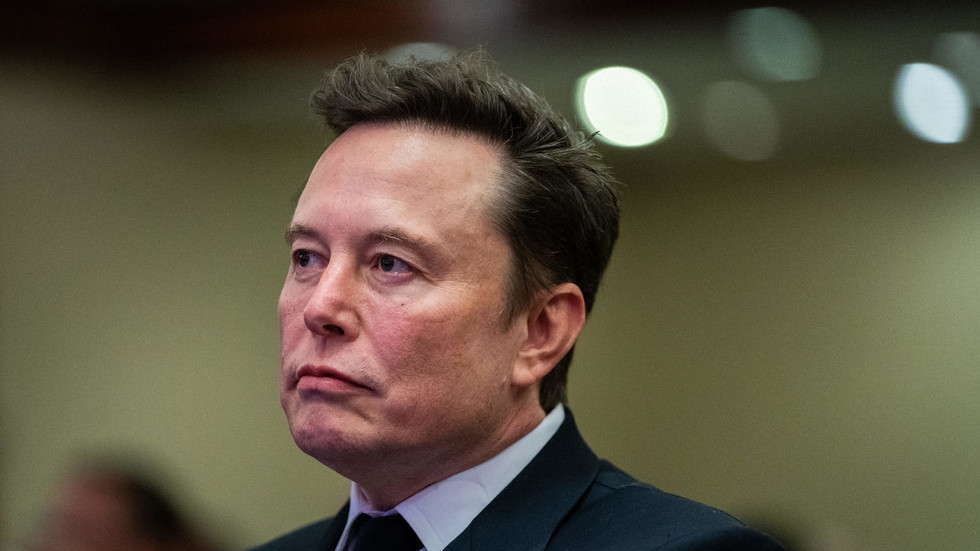Title: Africa’s Leaders Still Selling Out the Continent, 140 Years After Berlin Conference
Date: September 12, 2023
Location: Addis Ababa, Ethiopia
As the Forum on China-Africa Cooperation (FOCAC) concluded, African leaders are still flocking to global centers of capital, eager to sell out their continent’s resources and interests. The latest gathering, which took place from September 4-6, saw Chinese President Xi Jinping promise $51 billion in financing to African countries over the next three years, as well as military assistance and training for African security forces.
The FOCAC summit is just the latest in a series of Africa-plus-One summits, where global powers vie for influence and access to Africa’s natural resources. The trend is not new, with African leaders still negotiating asymmetric and lopsided deals, 140 years after the Berlin Conference carved up the continent.
Experts warn that these summits often prioritize the interests of foreign powers over those of African people, perpetuating a paternalistic approach that has its roots in colonialism. "Africa is confined to the role of supplier of raw materials and geopolitical node, and weak actors," said Ondo Ze, a Political Science Lecturer and Researcher at the Omar Bongo University in Gabon.
The Africa-plus-One summits have become a hallmark of Africa’s engagement with global powers, with China, Russia, the EU, and the US all vying for influence. The trend is not limited to economic cooperation, with military and security cooperation also on the agenda.
Critics argue that these summits often lack transparency and accountability, with African leaders failing to prioritize the interests of their people. "The expanding number of partners means that African leaders have more choices to find mutually beneficial partnerships," said Joseph Siegle, director of research at the Africa Center for Strategic Studies. "However, without transparency and ownership from the public, the risk is that these deals will only benefit a small, well-connected segment of these societies."
The FOCAC summit has sparked concerns about China’s growing influence in Africa, with some critics warning that Beijing’s Belt and Road Initiative (BRI) is fuelling a new debt crisis on the continent. The BRI has also been plagued by construction flaws, with Uganda’s power generation company recently identifying 584 defects in a Chinese-built hydroelectric dam.
As the world grapples with the challenges of the 21st century, it is clear that Africa’s leaders must prioritize the interests of their people and work towards a more equitable and sustainable future. The Africa-plus-One summits may provide a platform for cooperation, but they must be approached with caution and a critical eye.
Recommendations:
- African leaders must prioritize transparency and accountability in their dealings with global powers.
- The continent must work towards a more equitable and sustainable future, prioritizing the interests of its people.
- The Africa-plus-One summits must be approached with caution and a critical eye, recognizing the potential risks and benefits.
- The African Union must play a more active role in promoting the interests of the continent and its people.
- The international community must recognize the sovereignty and agency of African states, and work towards a more equitable and just global order.
Conclusion:
The Africa-plus-One summits are a reminder of the ongoing struggle for Africa’s sovereignty and agency in the global arena. As the continent navigates the challenges of the 21st century, it is essential that its leaders prioritize the interests of their people and work towards a more equitable and sustainable future. The FOCAC summit is just the latest chapter in this ongoing saga, and it is up to African leaders to ensure that the continent’s resources and interests are protected and promoted.



